THE LATIN WAY
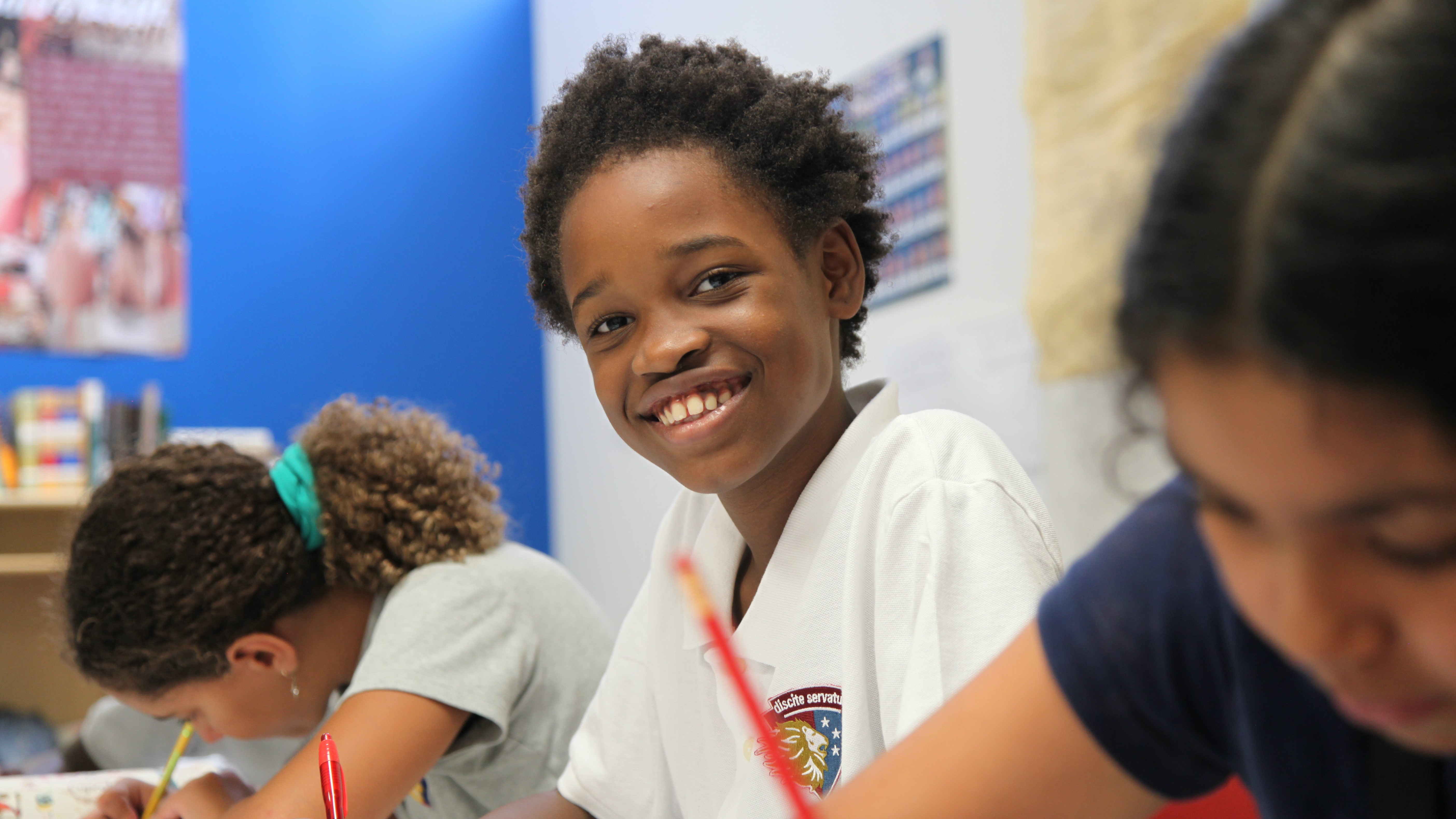
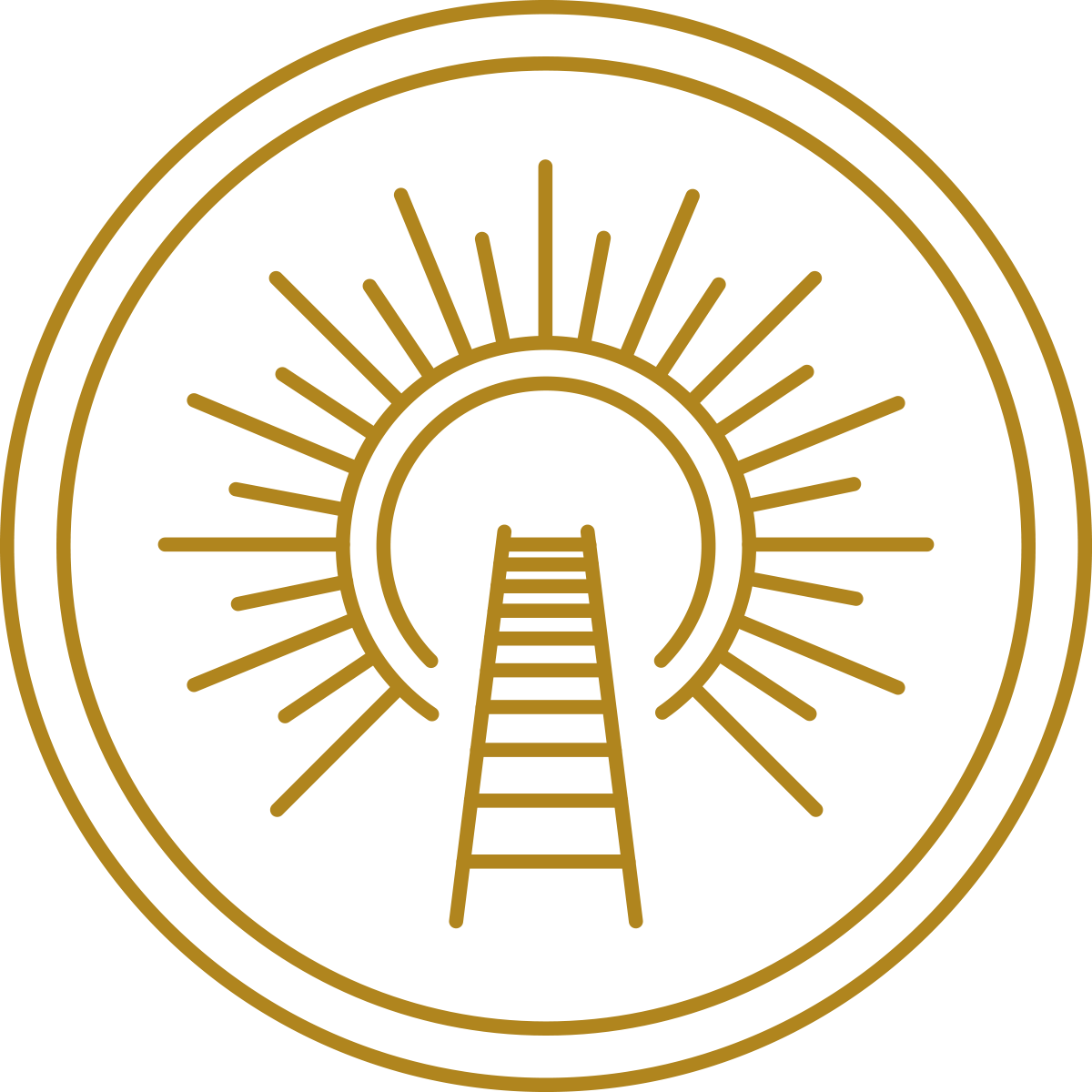
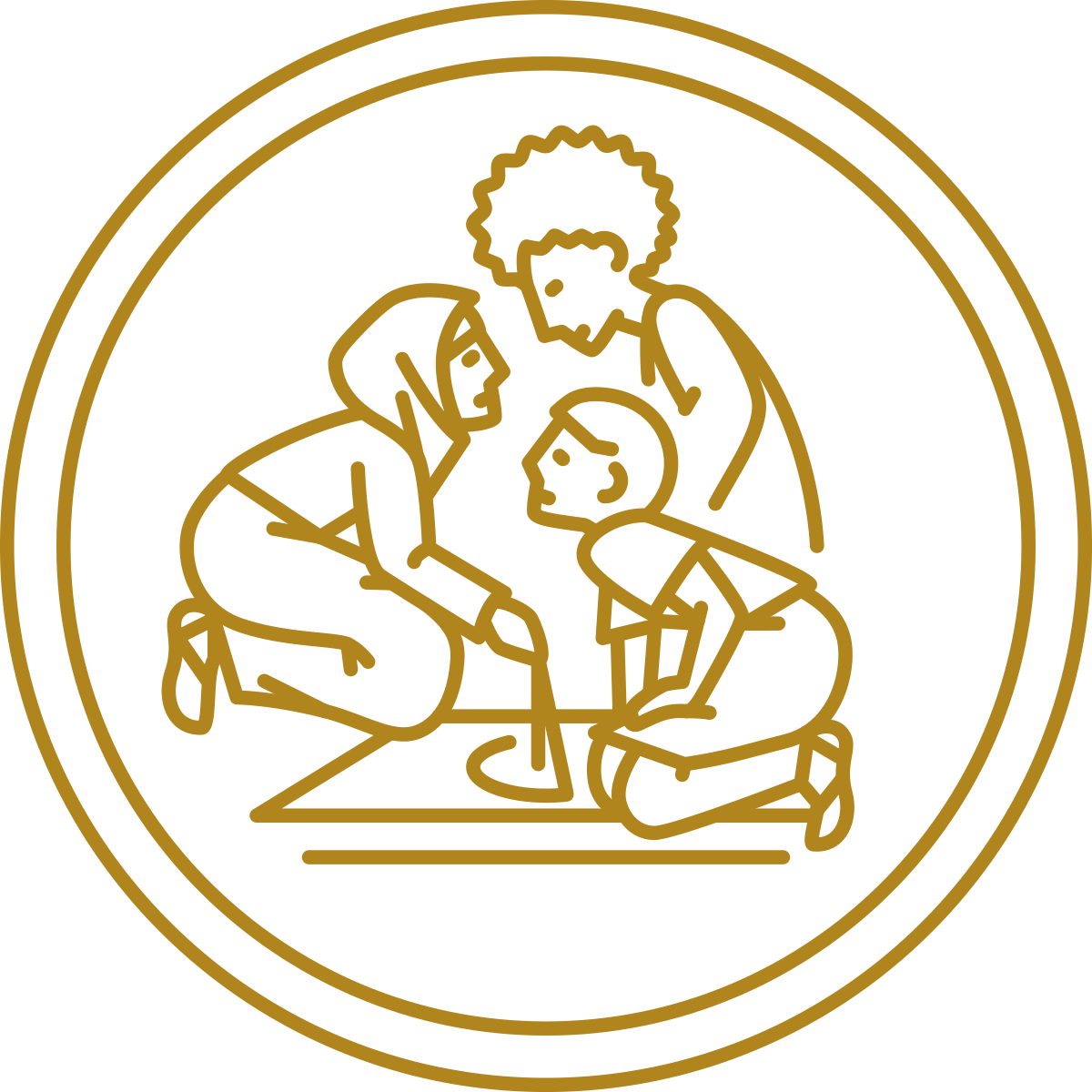


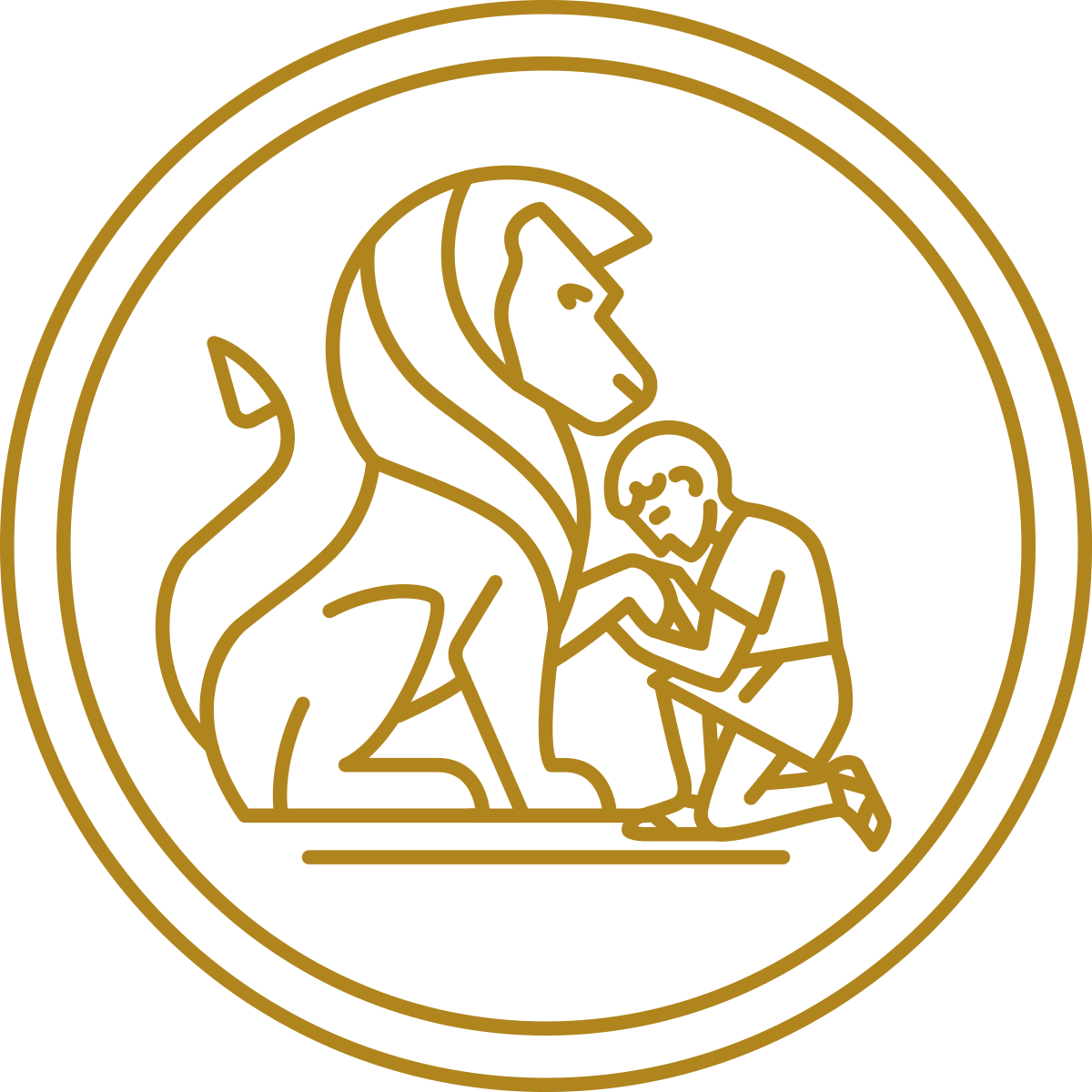

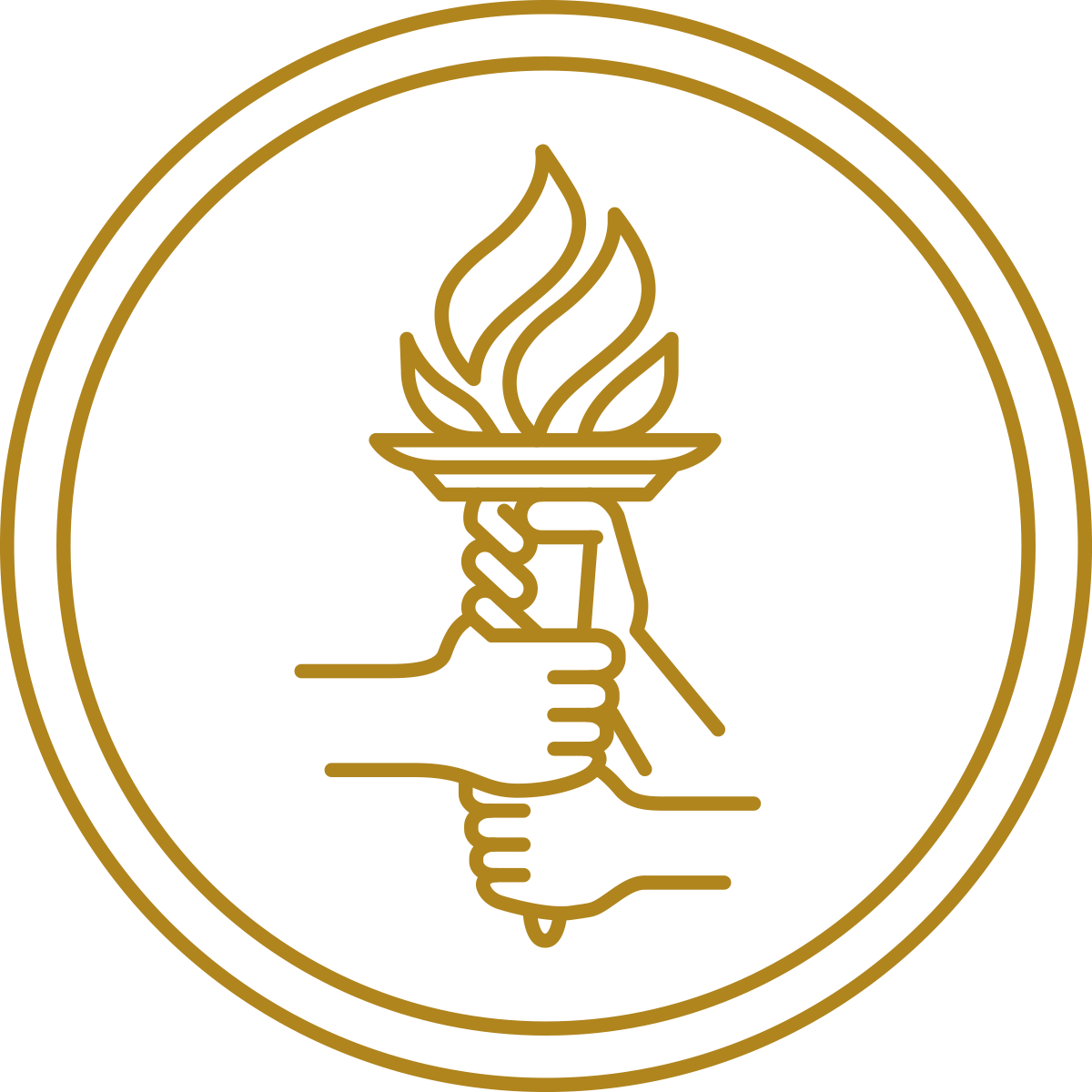

The Latin Way is our school culture, as central to the school as our curriculum and pedagogy.
It is both who we are and who we strive to be.
In our 16th year, Washington Latin faced two significant changes: a new campus was to open and new leadership was at the helm of our original campus. These changes were long-planned and exciting, but also challenging. Could the school’s educational model and culture bend and stretch with this growth and change? We knew it must. The question was how.
Washington Latin was fortunate to have the support and partnership of the Charter School Growth Fund, a key partner in our expansion, in imagining and then executing a yearlong process to identify, describe, and distill the values that define our school culture in order to deepen and thicken it through change. With the support of CSGF, we tapped the mind of Principal Emerita Diana Smith to lead this work with our leadership, faculty, and community, working in close collaboration with a team of experts in change management, design, and filmography. We first held a mirror to the culture of our existing campus and asked our community to consider this essential question: what describes the lived reality of our culture?
The result is The Latin Way, a set of four principles that are both a description of our culture and the ideals to which we aspire. Each principle is accompanied by an icon, an image crafted to represent the principle and, we hope, will come to hold the deeper meaning of that principle. Each principle of The Latin Way is further depicted through a teaching film created by Tectonic Video, designed most particularly for new faculty to understand how to understand our culture. Together these materials help us reflect The Latin Way and in so doing to strengthen it, so that our school can continue to offer our unique brand of classical yet modern education.
Classical Education for the Modern World: A Purposeful Tension
We believe in the uplifting and liberating power of our classical education for all learners.
The academic and social experiences we strive to create at Washington Latin are in service of this freedom – freedom that allows our students to be at once disciplined and flexible in thought and action; freedom that allows them to fully embrace the humanity of others as well as their own; and the freedom that gives them the tools to identify and experience all that is good, true and beautiful in the world around them.
Inherent in our school’s design is a purposeful tension between the ideals of the classical approach to education and the mindset of the modern times in which we live. We embrace this tension deliberately, recognizing the application of the classical approach to a modern audience will necessarily mean an intellectual give-and-take. We aim neither to impose outdated views on a modern audience nor to honor modern views solely for their familiarity and comfort.
From the classical tradition, we honor the emphasis on transcendent ideas, the concept of shared humanity, a commitment to courageous inquiry, and a dedication to the moral development of the young. From the modern era, we embrace the belief that all people, regardless of age, race, gender, or background, can walk a path towards enlightenment. We honor the modern era’s emphasis on a diversity of perspectives.
What follows are four cultural principles that underlie all our work as an educational community – The Latin Way.



Fall in Love with Enduring Ideas
Our education is an invitation to fall in love with deep, enduring ideas – Truth, Beauty and Goodness – and so to be changed. We believe that education should be transformational, involving both mind and heart; at their union character develops. Our curriculum introduces students to truths beyond their context yet within their grasp; our pedagogy of questioning opens ideas to critique and encourages students to wrestle with timeless ideas to make them their own.



Seek the Conversation
Words matter and we teach students to use them with care. Our school is built for conversation, and we aim for students to embrace the idea that many perspectives and voices are the means to a richer learning experience for all. We believe that a true education sparks discussion and provokes thought; conversations – with each other and with the thinkers of the past and present – are the crucible for all learning. The exchange of ideas is a moral act: it catalyzes the character development of the speaker and the listener, calling on both to be reasonable, informed, and flexible in their opinions.
